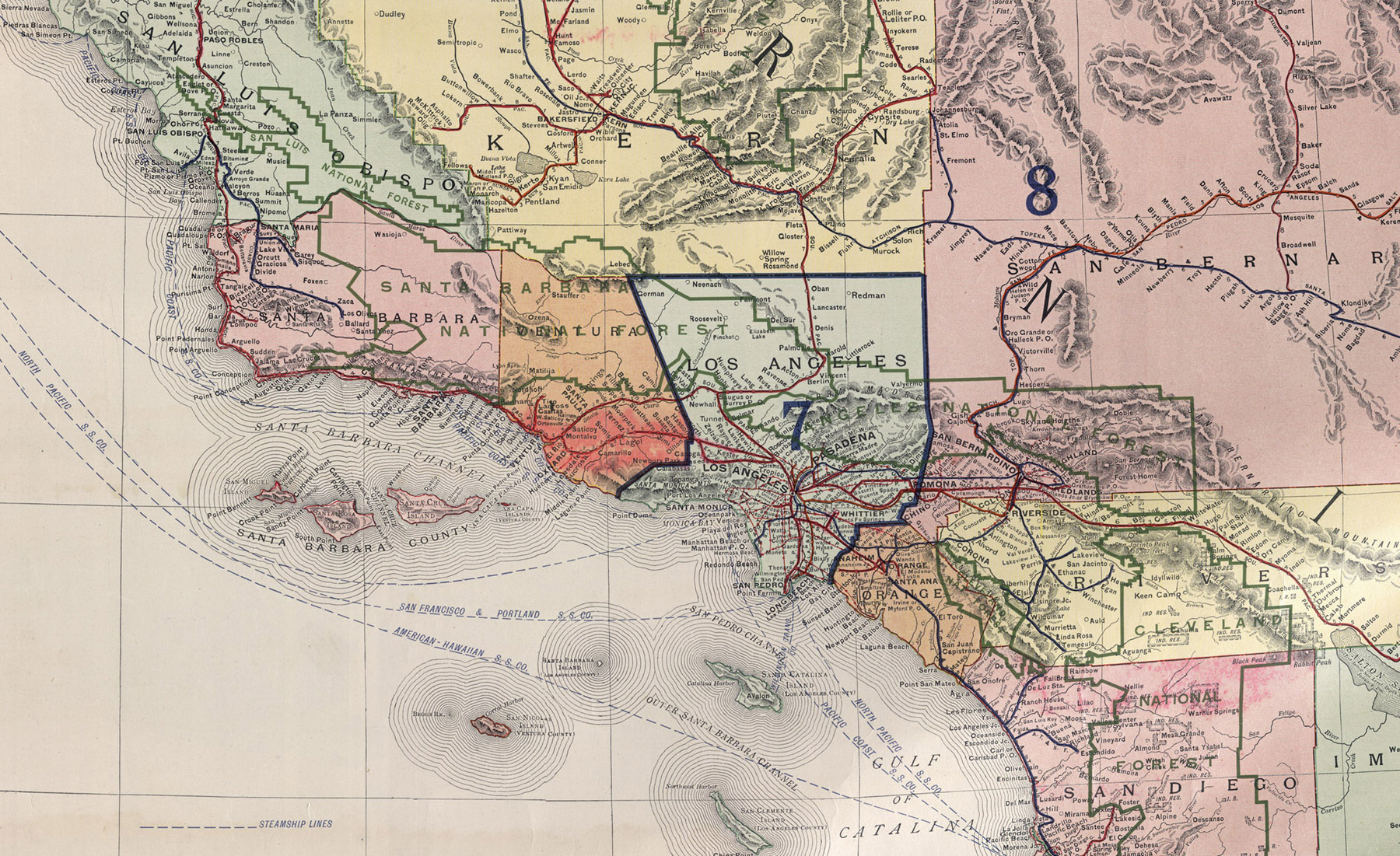
#363 Point Lobos State Natural Reserve
Point Lobos State Natural Reserve, the 'Crown Jewel of the California State Park System', preserves a stunning rocky coastline with hidden coves, pocket beaches and the Monterey Cypress, one of only two places naturally grown. The adjacent Point Lobos State Marine Reserve protects the waters which include vast kelp forests. Spend the day hiking, snorkeling and swimming among this gorgeous coast.
#358 Big Sur
Highway 1 through Big Sur is known as the 'Most Beautiful Drive in the World'. This 90 mile stretch from San Simeon to Carmel is 'The Greatest Meeting of Land and Sea' on Earth. The Santa Lucia Mountains drop majestically to the ocean creating a dramatic rocky coast. Vista points at each bend provide stunning overlooks to get out and enjoy the view. Drive slow and spend the day admiring one of California's great wild places.
#339 Hearst Castle
Hearst Castle is the former estate of famous newspaper magnate William Randolph Hearst. Julia Morgan designed it between 1919-47 and is known for designing more than 700 landmark California buildings. She was the first woman admitted to the École nationale supérieure des Beaux-Arts in Paris, France. Mediterranean Revival is the main architectural style with influences of Spanish Colonial, Beaux-Arts, Italian Renaissance and Gothic.
Hearst called his ranch 'La Cuesta Encantada' (The Enchanted Hill) with its dramatic mountain to ocean vistas. He entertained Hollywood & Political elite including Charlie Chaplin, Bob Hope and Franklin D. Roosevelt. The castle has been open to the public for tours since 1958 where visitors can tour a small selection of the 56 bedrooms, 61 bathrooms and 127 acres of landscaped gardens and pools making it one of the busiest destinations in the state.
#325 San Luis Obispo North Coast Byway
San Luis Obispo North Coast Byway is a National Scenic Byway that extends 57 miles from San Luis Obispo to Big Sur. It follows the California Coast along one of the most dramatic stretches of the Pacific. From charming Morro Bay, the small towns of Cayucos, Harmony and Cambria to the enchanting Hearst Castle, take your time and enjoy the many vistas along the way. In Winter, the golden hills turn unbelievable shades of green.
#275 Point Piedras Blancas
Point Piedras Blancas is the true, rugged California coastline that has remained untouched. Trails to hidden coves and dramatic sea cliffs combine to create an unforgettably seascape. Elephant seals can also be spotted bathing on the sand. Most people drive right by to get to Big Sur making it perfect for solitude seekers.
#250 Garrapata State Park
Garrapata State Park is one of the most beautiful spots along Highway 1's Big Sur Coast. Two miles of stunning coast are preserved with trails that climb from the rocky coast to redwood forest. The park is a great spot to watch whales, seals and sea otters while hidden coves are perfect for solitude.
#214 Julia Pfeiffer Burns State Park
Julia Pfeiffer Burns State Park on Big Sur's Highway One is a jaw-dropping stretch of coastline. Julia Pfeiffer Burns was a pioneer woman of Big Sur and provided early tourists with food and lodging. The 80 foot McWay Falls drop directly to the beach and is one of the most photographed spots on the Pacific Coast.
#174 Bixby Creek Bridge
Bixby Creek Bridge is an iconic landmark along the famous Highway 1 Big Sur Coast. Opening in 1932, it is one of the tallest concrete bridges in the world and the most photographed on the West Coast. The bridge was named after Charles Henry Bixby, a New Yorker who harvested lumber and constructed a sawmill on the creek here in the late 1800's.
#71 Piedras Blancas Elephant Seal Rookery
The Piedras Blancas Elephant Seal Rookery is a sure highlight for any road trip up Highway 1 on the Central Coast. Located just north of Hearst Castle in San Simeon, the rookery is managed by Friends of the Elephant Seals, a non profit group where volunteers observe and share their knowledge of these amazing marine mammals.
Elephant Seals migrate twice a year for thousands of miles to rest, breed and birth. Thought to be extinct by the end of the 19th century, a small group survived on Isla Guadalupe in Baja Mexico. Through breeding and protection by Mexico and the United States, there are now an estimated 150,000 going strong.























